我が里に 大雪降れり 大原の古りにし里に 降らまくは後
Wagasatoni ooyukifureri ooharanofurinishisatoni furimakuwanochi
The great snow falls on my village before it reaches the old village of Ohara
我が里に大雪が降っているぞ、大原の古びた里に降るのはこの後だぞと、吉兆である雪が降るのを喜び、からかい気味に大原の里に住む藤原夫人に贈った歌です。藤原夫人というのは藤原鎌足の娘の五百重娘で、姉の氷上大刀自と共に天武天皇の夫人の一人になった女性です。大原というのは飛鳥坐神社から東へ登った丘状になった地域で、藤原鎌足の出生の地なので、藤原一族の原郷ともいえる地で、現在は小原という地名に変更されています。天武天皇が開いた飛鳥浄御原宮の宮中には住まずに、父の生誕の地、今はひなびた里になっている大原に引き籠っている藤原夫人に呼びかけて、都会はなんでも時代の先を行くぞ、雪も早くに降り出したぞ、ひなびた田舎は時代遅れだから、雪は後で降るんだぞ、とからかっているのでしょう。藤原夫人は夫の天武天皇を取り巻く多くの夫人たちとの勢力争いなどにうんざりして、宮廷を離れ、大原の里に籠っていたのでしょう。
この歌に対して藤原夫人の答えた歌が次に並んでいます。
It’s a poem with a slightly teasing tone in which he expresses his delight at the arrival of an auspicious snow that will first reach his own village before later arriving in her old village of Ohara. Lady Fujiwara was the daughter of Fujiwara-no-Kamatari. She and her older sister, Hikami-no-Otoji, both became Emperor Tenmu’s wives. Ohara is a hilly area to the east of Asuka Imasu Shrine, and as it’s the birthplace of Fujiwara Kamatari, it could also be called the homeland of the Fujiwara clan.
Since Lady Fujiwara chose to live not in the Asuka-no-Kiyomihara-no-Miya Palace that Emperor Tenmu built but rather her father’s birthplace, which was little more than a rundown village, the emperor probably wanted to tease her, saying that the city is always ahead of its time compared to the antiquated countryside, so much that even the snow reaches the city first. Lady Fujiwara probably became fed up with the power struggles between the women who surrounded Emperor Tenmu, so she chose to leave the court and seclude herself in the village of Ohara.
Next, we have the poem that Lady Fujiwara wrote in response to this one.

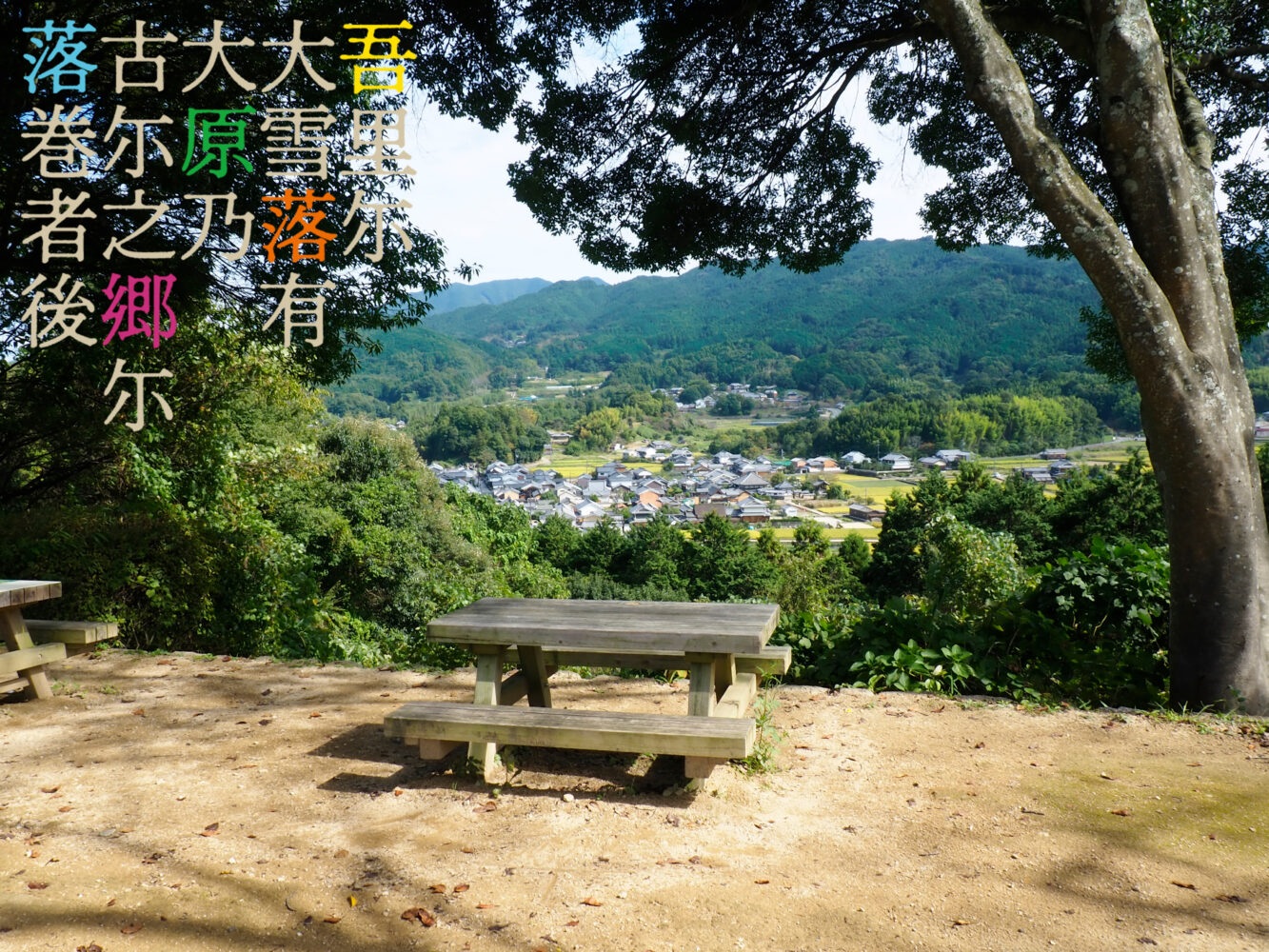
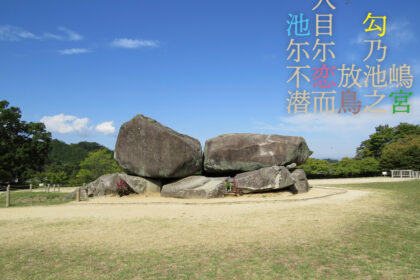

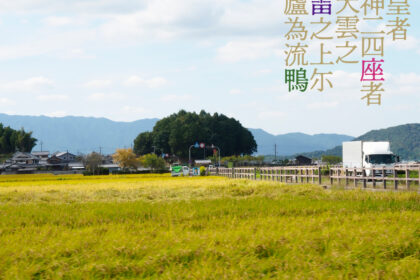
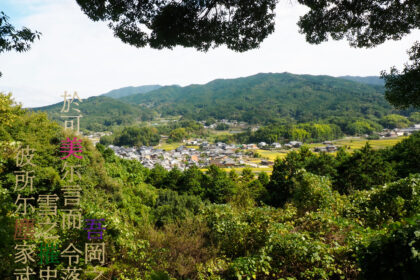
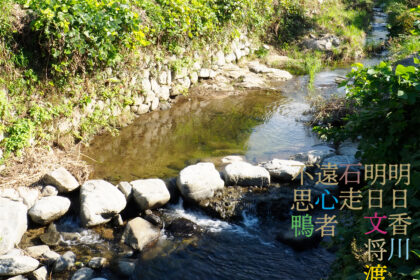
コメントを残す